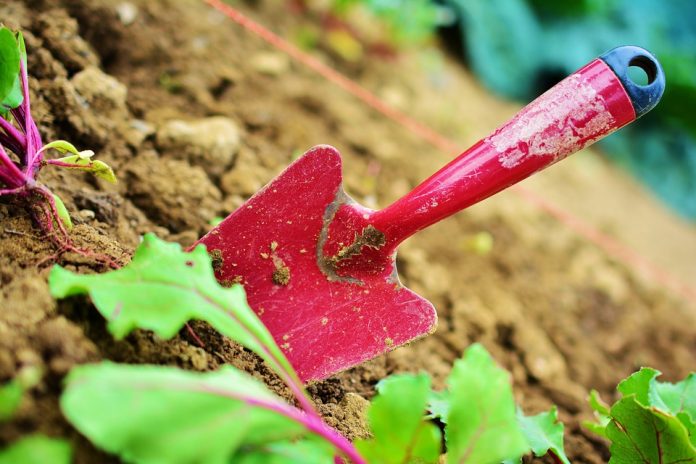Gardening can either be a hobby that fills you with joy, or one that makes you want to tear your hair out. When it goes right, there’s nothing more satisfying than sitting down on your teak garden furniture and taking it all in. But when it goes wrong you’ll be left with failed crops, dead flowers and a lot of wasted time and money. Whether you’re a seasoned gardener or a novice, the chances are you’ve turned to the celebrity gardeners, like Alan Titchmarsh and Carol Klein, for guidance. But there are ways to help your garden bloom without expensive products. Here are our top gardening tips that the experts won’t tell you.
Unusual Remedies
When it comes to growing plants from seeds, there are quite a few tips and tricks out there. But how do you know what’s going to work? Gardening is quite a trial and error process but there are some unusual remedies that can help your seeds to grow. Experts will tell you to simply scatter your seeds in nutrient-filled soil and hope for the best, that way you’ll keep coming back to them for weed killer, compost and plant food. We recommend sprinkling ground cinnamon powder on the soil where you’re planting to ward off fungus and adding flavoured gelatine to the ground before you cover the seeds. The gelatine provides nitrogen to help the plants grow and sugar to feed helpful bacteria in the soil. Weird, but wonderful!
Soil Basics
Getting to grips with what type of soil your garden has is half of the battle of owning a successful plot. It’s no use putting plants that thrive in acidic soil straight into alkaline soil. Experts will recommend expensive soil testing kits or neutralisers to get your soil up to scratch. However, there’s a simple test you can do to figure what type of soil you’re working with. Grab a handful and give it squeeze, open your hand and take a look at what happens.
- If the soil stays in shape but crumbles when you touch it, you’re lucky enough to have loam soil!
- If the soil holds its shape when you touch it, then you’ve got dense, nutrient rich clay soil.
- If the soil crumbles as soon as you open your hand, you’re working with sandy soil.
Who knew it was so easy to get to know your soil? To test the PH level, all you need to do is add some vinegar to a handful. If it fizzes, it’s alkaline. If nothing happens, it’s most likely acidic.
Composting
Compost is a gardener’s best friend. It provides your plants with all the essential nutrients they need. The experts will recommend that you use well-rotted garden compost or manure on your flowerbeds but they won’t tell you that there are a number of household waste products you can use as compost. Pet hair, shredded paper and lint from the washing machine can all be added to your compost heap to help the soil stay nitrogen rich and damp all year long.
Find a Home-Based Business to Start-Up >>> Hundreds of Business Listings.

















































